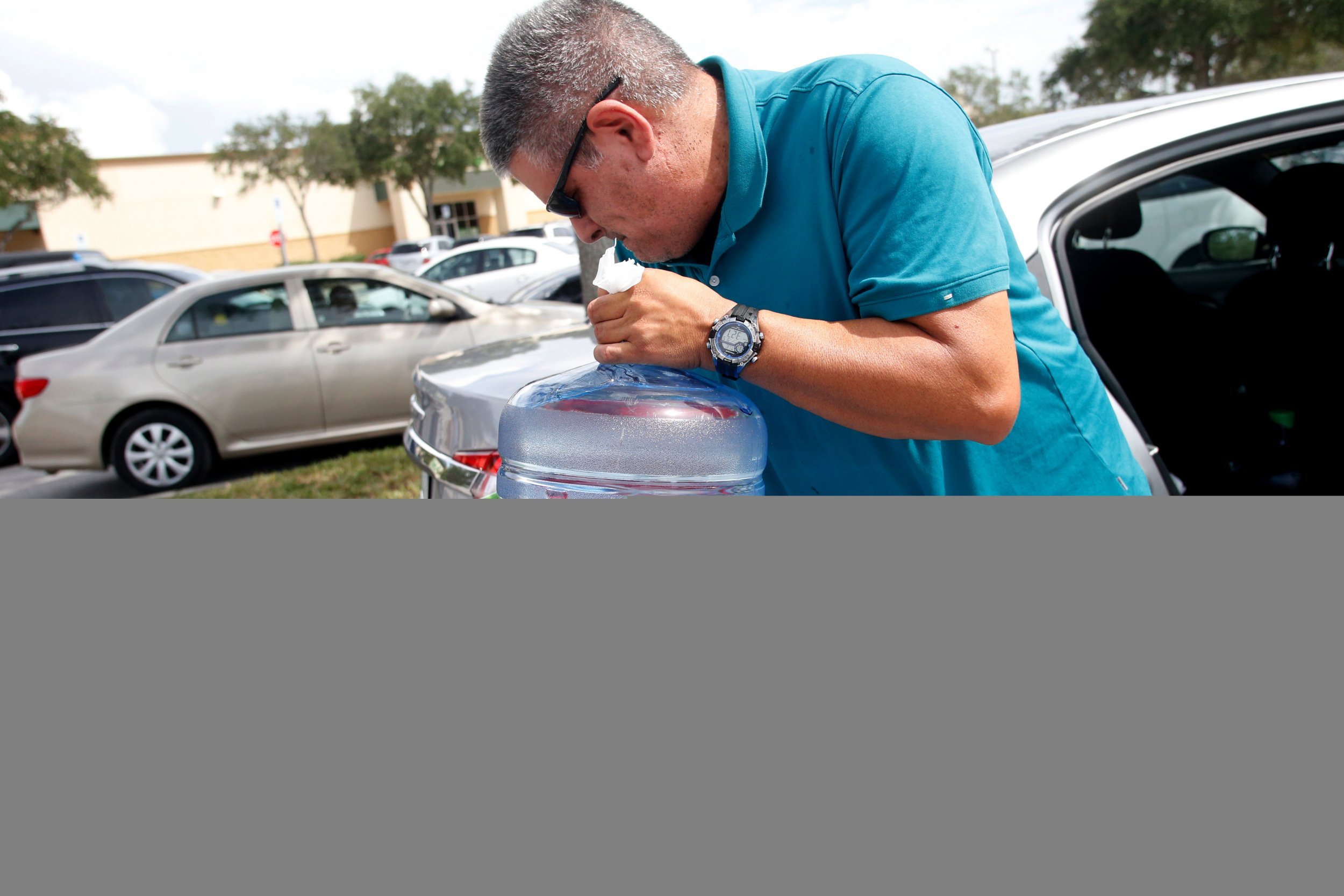
The world is now scheduled to end on November 19, according to people who believe in the Nibiru conspiracy theory, based around a planet NASA swears does not exist. If the Nibiru crowd is right—which, to be clear, they are probably not—the planet could slam into Earth and cause cataclysmic earthquakes or get close enough to mess up Earth's orbit.
For the sake of argument, let's say they're right. How can one prepare for the end of the world—or at least, for a very bad earthquake or some other natural disaster?
The Federal Emergency Management Agency (FEMA) has you covered.
"FEMA partners with NASA to develop guidance on preparing for any potential impacts to Earth from natural space objects," a FEMA spokesperson told Newsweek. "Upon notification from NASA of an impending impact threat to the United States, FEMA would take the lead to notify appropriate federal, state and local authorities and emergency response institutions."
Ready.gov, the national disaster preparedness campaign, has a whole bunch of handy checklists and materials to help individuals who want to get ready for actual possible apocalypses.
Among the disasters covered on Ready.gov are bioterrorism, floods, hurricanes and "space weather," which does not include asteroid strikes. (That said, FEMA's spokesperson noted that potential concerns around an asteroid strike include damage to buildings, roads and the electrical grid, as well as flooding.)
Instead, "space weather" refers to the possibility that the sun might create a geomagnetic storm here on Earth that could knock out communications and cause blackouts. (This has actually happened; in 1989, six million people in Canada were without electricity for nearly half a day after a geomagnetic storm.)
And though Nibiru is not real, NASA and FEMA do have an emergency readiness plan if an asteroid were to hit Earth. According to NASA's website, the two agencies as well as representatives from several other governmental and scientific agencies held a third Asteroid Impact Emergency Planning exercise in October 2016. During the exercise, the team discussed what kind of damage might be felt from impact that was otherwise unavoidable. (Such an impact, FEMA's spokesperson noted, is considered a low-probability but high-consequence disaster.)
"The high degree of initial uncertainty coupled with the relatively long impact warning time made this scenario unique and especially challenging for emergency managers," Leviticus A. Lewis, FEMA's national response coordination branch chief, noted in the release announcing the exercise. "It's quite different from preparing for an event with a much shorter timeline, such as a hurricane."
Preparing for a hurricane, on an individual level, is likely a bit simpler than preparing for an asteroid impact. For those who do not want to create a personalized emergency kit for the disasters that are most likely to hit their region, there are even some all-purpose kits available to buy.
But if you do want to prepare for the end of the world, do it for the earthquakes and the hurricanes and the other disaster scenarios that are actually more likely to happen than a rogue planet hitting or otherwise messing with Earth. Because, at least, when it comes to Nibiru, that's not happening.
"If it were up there, you could see it. All of us could see it," NASA senior scientist David Morrison said in his 2011 video debunking Nibiru. "Please, get over it. Nibiru isn't real."
Uncommon Knowledge
Newsweek is committed to challenging conventional wisdom and finding connections in the search for common ground.
Newsweek is committed to challenging conventional wisdom and finding connections in the search for common ground.
About the writer
Kate Sheridan is a science writer. She's previously written for STAT, Hakai Magazine, the Montreal Gazette, and other digital and ... Read more
To read how Newsweek uses AI as a newsroom tool, Click here.








